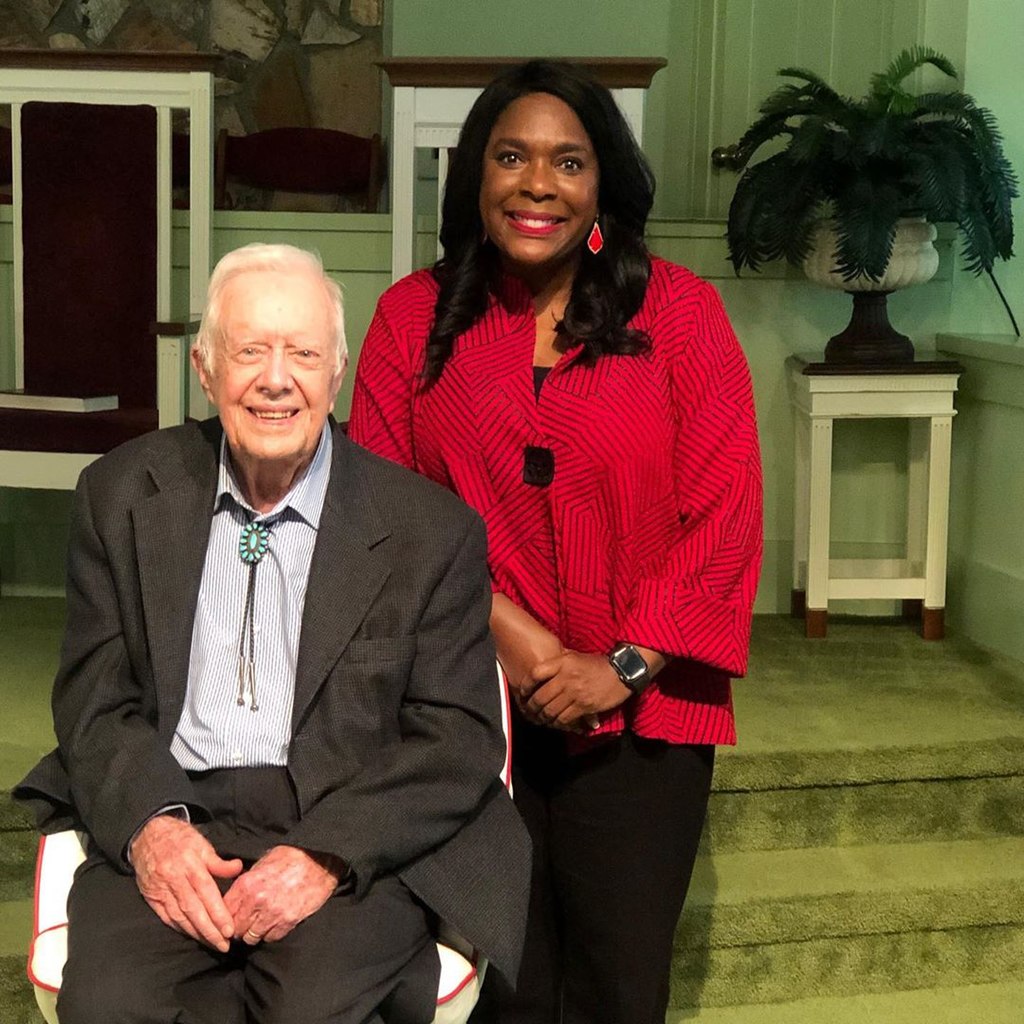
(Scypre.com) – Jimmy Carter, the 39th President of the United States, passed away on Sunday at his home in Plains, Georgia, at the age of 100. A Georgia farmer who rose to the nation’s highest office, Carter’s life journey was one of service, humility, and an enduring commitment to improving the world. The Carter Center in Atlanta announced his death, marking the end of a century-spanning life that left a profound impact both during and after his presidency.
From Humble Beginnings to the Presidency
Born on October 1, 1924, in Plains, Georgia, Carter grew up on his family’s peanut farm, experiencing life without electricity or running water. These humble beginnings shaped his values of hard work, frugality, and service. After graduating from the U.S. Naval Academy, Carter served in the Navy before returning to Georgia to manage the family farm.
Carter entered politics in the 1960s, serving as a Georgia state senator and later as the state’s governor. In 1976, he launched a long-shot bid for the presidency, promising honesty and transparency in the wake of the Watergate scandal. His broad, toothy grin, and promise, “I will never tell a lie,” captured the nation’s attention, propelling him to victory over incumbent Gerald Ford.
The Carter Presidency: Challenges and Achievements
Carter’s presidency (1977-1981) was marked by both notable achievements and significant challenges. Domestically, he faced soaring inflation, an energy crisis, and a fractious Congress, which eroded public confidence in his leadership. His approval ratings dropped significantly as economic woes persisted.
However, Carter’s foreign policy initiatives achieved enduring successes. He brokered the historic Camp David Accords, which established peace between Israel and Egypt. His human rights agenda set new precedents in U.S. diplomacy, and he normalized relations with China while pushing forward the Panama Canal treaties.
Despite these accomplishments, his presidency was marred by the Iran hostage crisis, where 52 Americans were held captive for 444 days. The crisis, coupled with economic struggles, contributed to his defeat by Ronald Reagan in the 1980 presidential election.
Reinventing the Post-Presidency
Carter’s post-presidency was transformative, redefining the role of a former president. Founding the Carter Center in 1982, he dedicated himself to global humanitarian efforts, combating disease, promoting democracy, and mediating conflicts. His tireless work earned him the Nobel Peace Prize in 2002.
A lifelong advocate for social justice, Carter built homes for the underprivileged through Habitat for Humanity and championed human rights worldwide. Even in his 90s, he remained active, continuing to teach Sunday school and engage in global issues.
Enduring Legacy and Reflections
Carter’s death comes nearly two years after he entered hospice care, defying expectations with his resilience. His passing marks the end of an era, with plans for a state funeral to honor his contributions. Tributes have poured in from leaders worldwide, highlighting his unwavering commitment to peace, justice, and humanitarianism.
President Joe Biden lauded Carter as a “man of principle, faith, and humility,” emphasizing his enduring example of living a life of purpose. In contrast, former President Donald Trump offered rare praise, acknowledging Carter’s efforts to improve American lives during challenging times.
As a president, Carter faced criticism for his unconventional style and perceived political missteps. Yet, historians have begun to reassess his legacy, recognizing his presidency as more consequential than previously thought. Books like Jonathan Alter’s His Very Best and Kai Bird’s The Outlier argue that Carter’s forward-thinking policies on environmental issues, foreign affairs, and civil rights were ahead of their time.
A Model for Public Service
Carter’s story is one of resilience and integrity. Despite setbacks during his presidency, he emerged as a symbol of selfless service, dedicating his life to others. His enduring marriage to Rosalynn Carter, lasting 77 years, exemplified their shared commitment to humility and compassion.
Carter’s legacy serves as a reminder of the power of purpose-driven leadership. As the nation bids farewell to a remarkable statesman, his life continues to inspire generations to strive for a better, more equitable world.